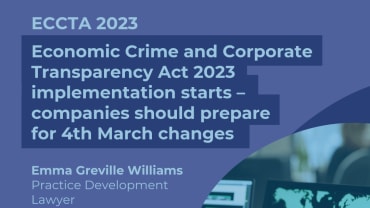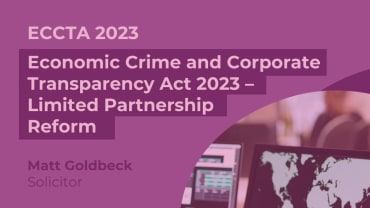The Scottish Government has announced an additional £3.5 million of emergency funding to be made available to support full-time operators of Scottish registered creel vessels, scallop vessels and nephrops trawlers of over 12 metres in length as part of its COVID-19 response.
A vessel is considered to operate on a full-time basis if annual landings of the vessel exceeded £20,000 in 2019. Landings are calculated using the information that the Scottish Government holds internally from electronic logbooks. The £20,000 threshold is intended to ensure that only active vessels are eligible.
Similar to the hardship fund for vessels less than 12 metres, the payments under this new scheme are designed to provide immediate hardship payments to businesses which cannot access the UK business grant scheme for land-based operators.
Marine Scotland will contact eligible individuals/businesses directly and has asked for vessel owners to wait until they are contacted, rather than send enquiries. It is anticipated that letters will be sent to eligible vessels next week, with a link to the application form.
What support is being offered?
This specific support is being made through grants and the Scottish Government anticipates it will benefit around 220 Scottish vessels landing shellfish such as crab, lobster, scallop and langoustine. Payments are being made to help vessels meet fixed costs like mooring fees and insurance and will be made as follows:
- up to £21,370 per vessel to businesses with a vessel over 12m
- for businesses operating more than one vessel, payments will be capped at £42,740
- funding amounts will be graduated by fleet segment and length
- vessel costs are sourced from the most recent Seafish fleet economic time series estimates, of the average fixed costs per type and size of vessel in 2016/17.
Grants will be made based on three months' equivalent of recurring fixed costs, excluding elements such as mortgages, interest, depreciation, crew costs, fishing gear repairs or purchases.
The award of any hardship grant is discretionary and there is no automatic entitlement even where eligibility criteria are met.
What can it not be used for?
The Sea Fisheries Hardship Fund (Vessels over 12 metres) is in place to provide additional support for the fixed costs of the businesses during the COVID-19 pandemic period and for no other purpose whatsoever.
In particular, the grant funding must not be used for:
- the purchase of new vessels
- the modernisation or replacement of main or ancillary engines of fishing vessels
- any operations increasing the fishing capacity of a vessel or equipment increasing the ability of a vessel to find fish
- the construction of new fishing vessels or importation of fishing vessels
- the transfer of ownership of a business
What evidence do businesses need to provide?
Applicants will need to provide:
- details of any other state assistance applied for/received (bearing in mind that the maximum level of aid that a business may receive is €120,000 per undertaking active in the fishery and aquaculture sector)
- confirmation that the business was not an 'undertaking in difficulty' (as defined in Article 3(5) of the Fisheries Block Exemption Regulation)[1] on 31 December 2019
- details of the vessel(s)
- bank details (for payment of the grant)
Following the end of the COVID-19 pandemic the business will also be required to submit a signed statement of compliance with the conditions of the grant.
Is the grant repayable?
The Scottish Government has made clear that, given new financial support for businesses is being announced on a daily basis due to the COVID-19 pandemic, if new streams of funding are subsequently announced by the UK or Scottish Governments which achieve the same outcomes as the Sea Fisheries Hardship Fund (Vessels over 12 metres) then businesses may be asked to repay all, or a portion of, the grant.
In addition, the whole or part of the grant may have to be repaid if:
- an alternative form of support has been made available to the grantee by the UK or Scottish Governments during the pandemic
- the business breaches the terms of the grant
- any part of the grant is considered State Aid (subject to the new Temporary Framework[2] provisions)
- there is a change from the purposes for which the grant was awarded
- the grant was obtained fraudulently
How can Brodies help?
If you have any questions about this or any other matter relating to the impact of the COVID-19 on your business, please get in touch with any member of the corporate team or your usual Brodies contact.
Contributor
Partner












